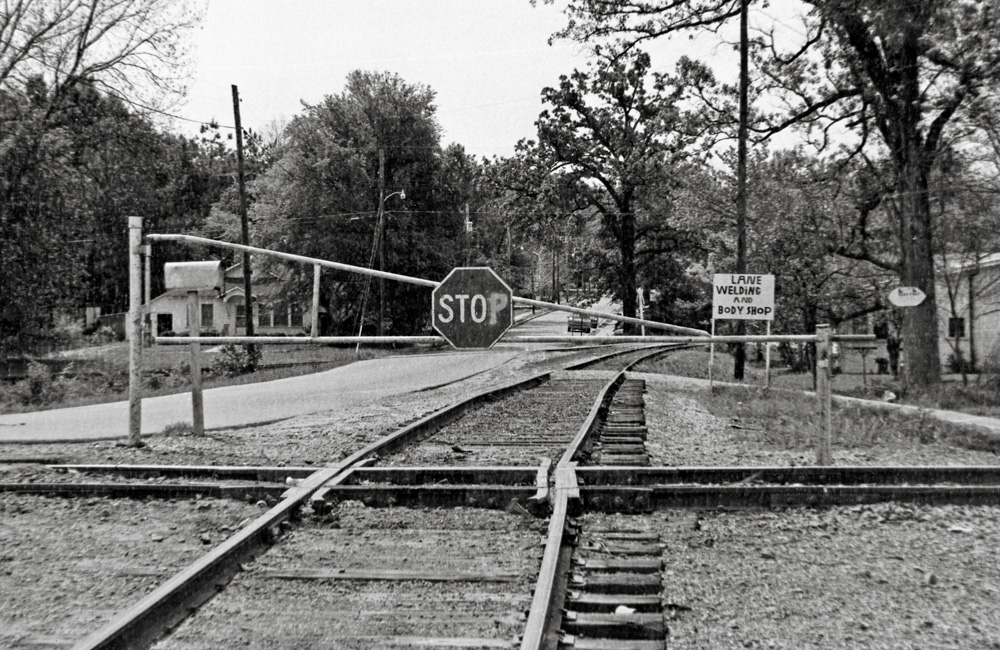
Q: I’m planning a small layout based on The Bay Line (BAYL), a north Florida short line, focusing on the Cottondale diamond crossing and CSX interchange. I found a fascinating picture of the diamond near the interchange in 1989, which shows a grade crossing-type gate across the railroad track just before the diamond. What would the […]
Read More…
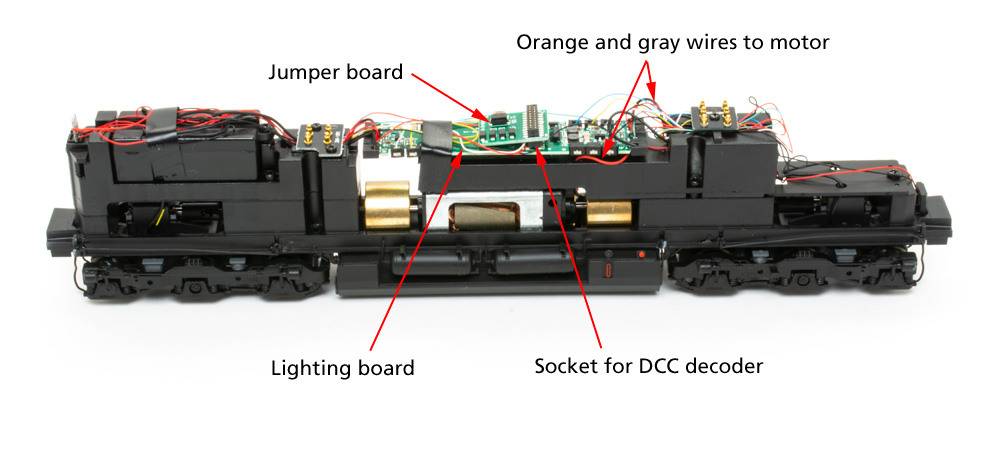
Q: I’ve been given several HO scale locomotives that unfortunately came without boxes or information about whether they were DCC equipped or not. Most are very nice, higher end models, not entry-level. Is there any way to safely find out if each locomotive is DC or DCC without taking off the shells? Even if I do remove […]
Read More…
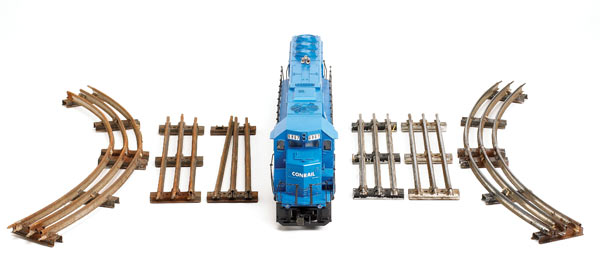
Why do toy trains have track with three rails? Q: Why are so many toy trains manufactured to use three rails? It seems to me that regardless of whether a train uses AC or DC, two rails are all that would ever be needed to deliver electricity to the locomotive. HO does just fine on […]
Read More…
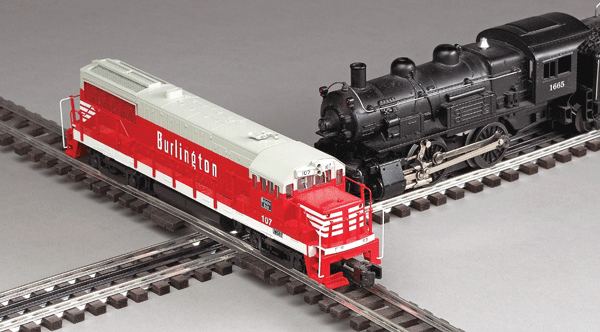
Can I buy a Flyer and Lionel crossing track piece? Q: Has anyone ever been able to develop a combination crossover to let two-rail American Flyer S gauge trains go through Lionel or other three-rail O gauge track without interrupting the current running through either track? – Dennis D. Orth, Burlington, Colo. A: Dennis, I’m […]
Read More…

Should I quarter the drivers on my Lionel steam locomotive? Q: I have a Lionel No. 1615 steam switcher that runs well, but sometimes I wonder if the drivers are quartered correctly. They are not lined up together on opposite sides. What should I do? – James Thompson, Los Angeles, Calif. A: James, prototype steam […]
Read More…
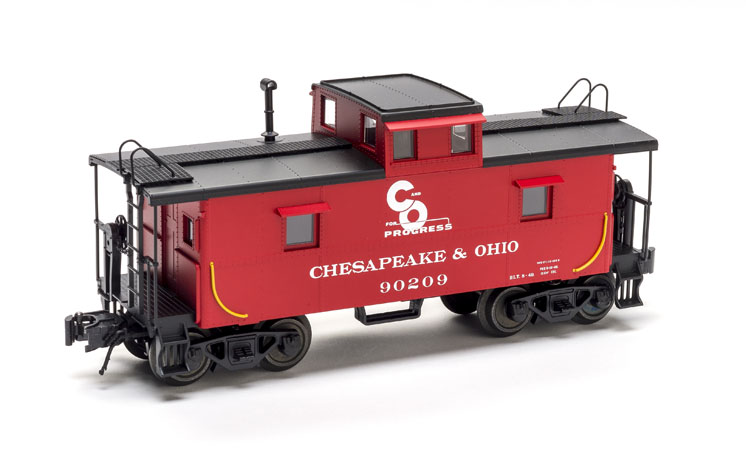
How do I add lighting to cabooses? Q: I have five modern-era cabooses, four Lionel and one Atlas O, and I would like to add interior lighting to them. How do I do it? A: The first consideration is finding bulbs that glow warmly without getting too hot for the plastic caboose bodies. This shouldn’t […]
Read More…
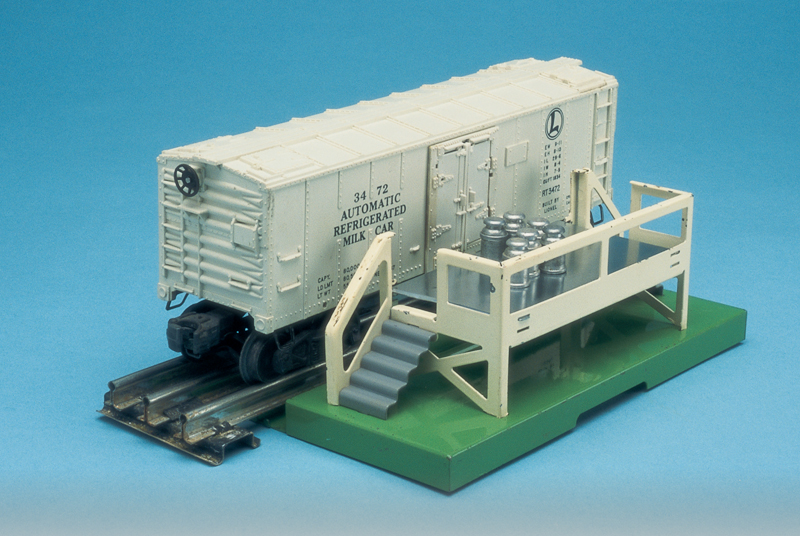
What kind of transformer do I need to power 10 accessories? On my layout, I am adding a row of 10 operating accessories: nos. 164 log loader, 175 rocket launcher, 342 culvert loader, 345 culvert unloader, 352 ice depot, 397 coal loader, 445 switch tower, 456 coal ramp, 3356 horse car, and 3472 milk car. […]
Read More…
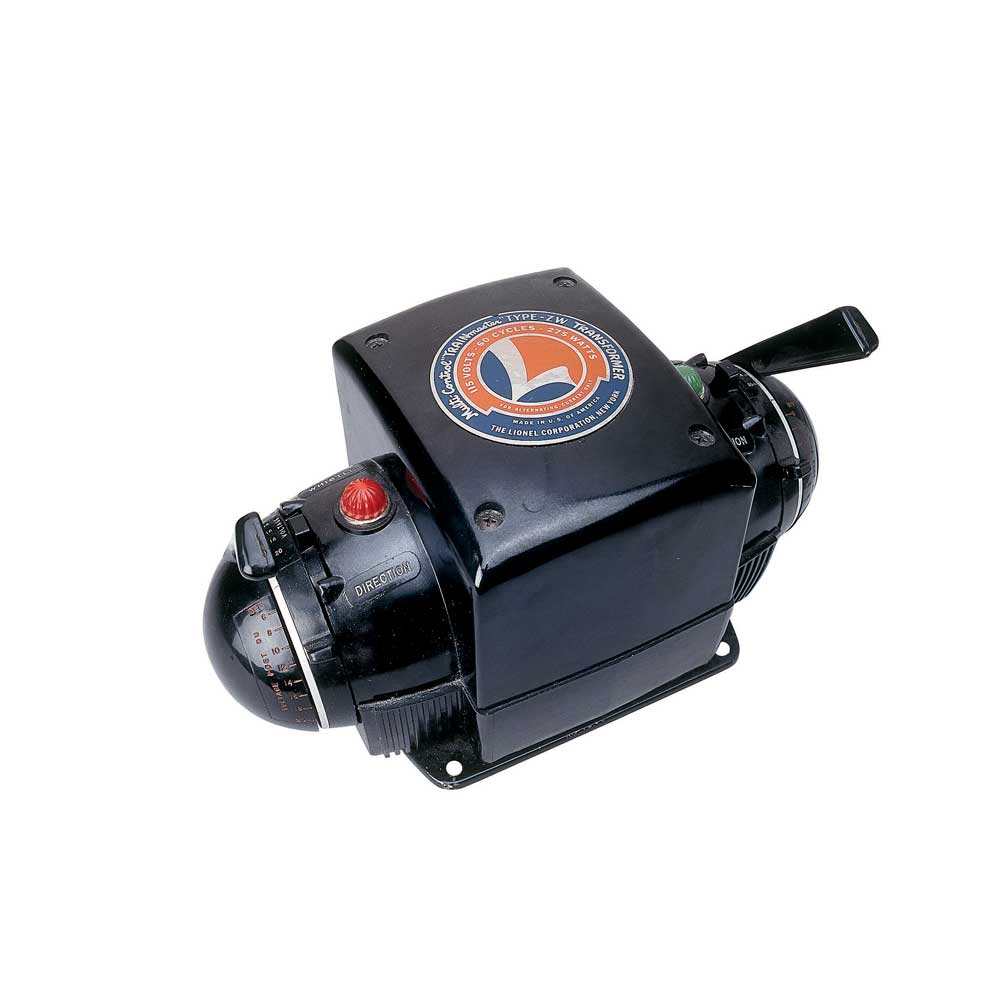
Do I need to add a circuit-breaker? Q: I have three postwar Lionel ZW transformers powering my layout. Until recently, I have run only postwar Lionel motive power on it. Now I also have some newer MTH locomotives. I was cautioned by a fellow operator to install a circuit breaker that will trip instantly in […]
Read More…
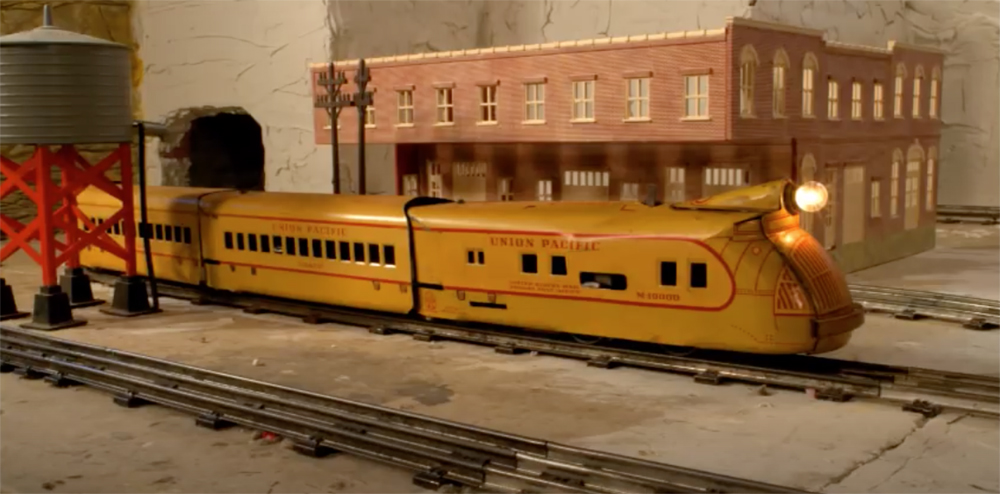
Where can I find Marx locomotive parts? Q: I own a Marx no. 6000 Southern Pacific A-A diesel and would like to find new bushings for the axles. Do you know where I can locate these parts? A: I’ve found parts for Marx locomotives at local train meets. There always seems to be plenty of […]
Read More…
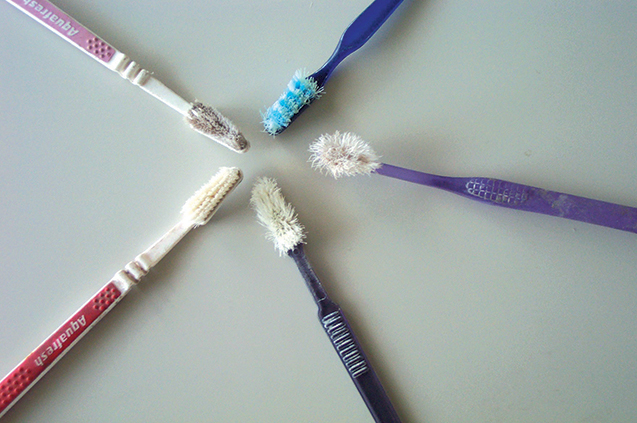
How do I clean old Lionel trains? Q: I have a number of Lionel locomotives, freight cars, accessories, and track sections that have been stored in boxes for 55 years. Everything is covered with dust and dirt. What’s the best way to clean these items without ruining the paint and detail? A: For cleaning Lionel […]
Read More…
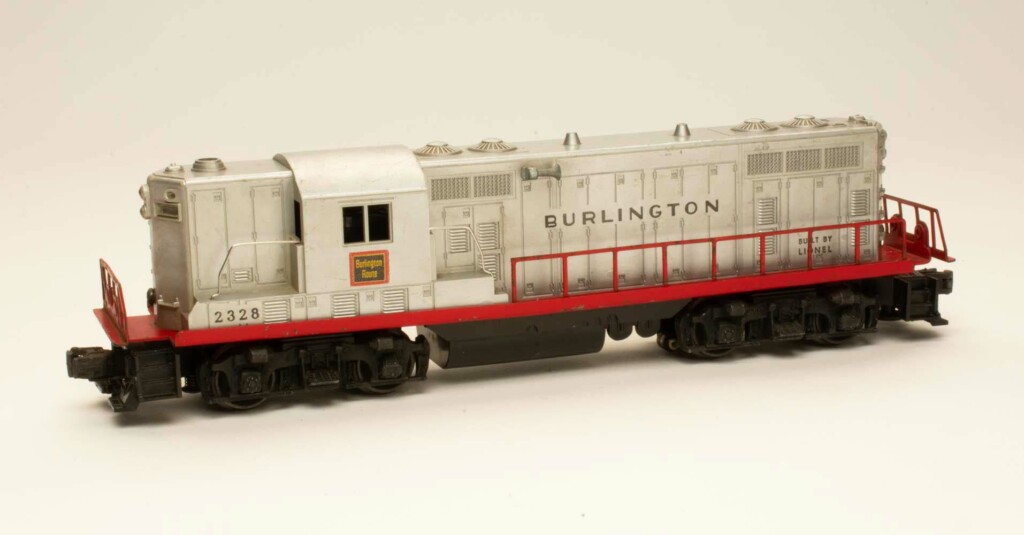
Why are my 1950s Lionel Geeps smoking? Q: I have a couple of Lionel Geeps from the 1950s. I took them out of the back and ran them for the first time in a long while the other night. All of a sudden, smoke started coming out of the cab windows. Are they junk now? […]
Read More…
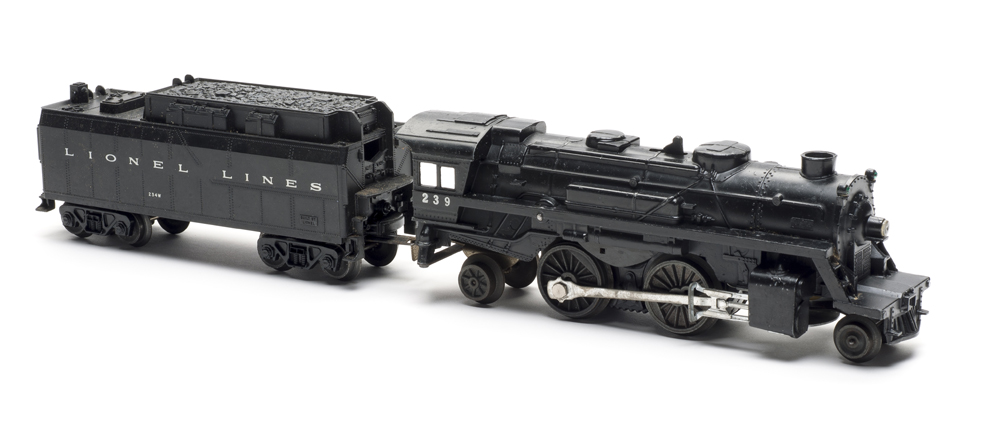
Q: I’d like some information about a Lionel tender numbered 234W and lettered for Lionel Lines. I can’t find any mention of this tender in Greenberg’s Guide to Lionel Trains. [Out of print–Ed.] Instead, the book shows a No. 243 engine with a tender numbered 243W. The tender is similar, but not the same. A: […]
Read More…












